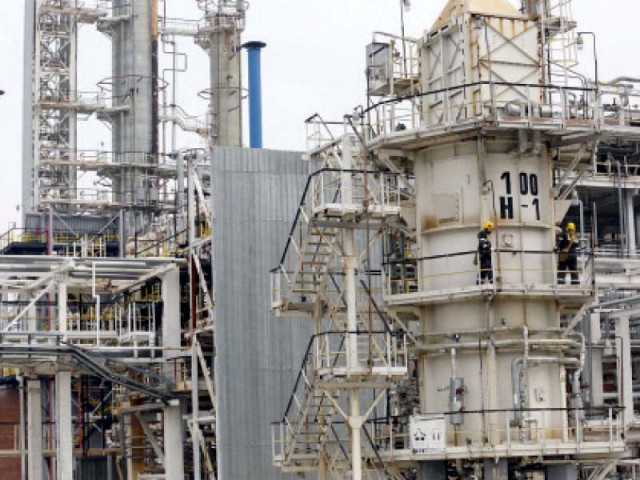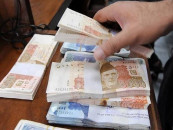Biden to persuade Riyadh to pump more oil
High prices take US inflation to highest levels in decades

Joe Biden will make his first visit as US president to Saudi Arabia on Friday, where he will seek to persuade Riyadh to pump more oil to bring down prices that are fuelling inflation to the highest levels in decades. Prior to his election, Biden had vowed that Saudi Arabia should be a “pariah” state following the 2018 murder of journalist Jamal Khashoggi, in a recalibration of relations with the oil-producing country that is a kingpin of the OPEC oil cartel. However, since then, key crude producer Russia had invaded Ukraine, propelling oil prices to levels last seen during the 2008 global financial crisis.
That pushed US inflation to the highest rate in more than four decades – and this could yet persuade Biden to set aside human rights concerns before key US mid-term elections in November, experts say. “It highlights his desperation ahead of the mid-terms to at least be seen to be trying to alleviate the tightness in the market and bring prices back down,” Oanda analyst Craig Erlam told AFP. “Desperate times call for desperate measures.” Biden’s chances could be boosted by the looming expiry of a crucial deal among the wider so-called OPEC+ group to boost oil production.
OPEC+ comprises the 13-nation Organisation of the Petroleum Exporting Countries led by Saudi Arabia and its 10 partners headed by Russia. The group had previously slashed output in 2020, when demand was decimated by Covid pandemic lockdowns worldwide. But since last year, countries have been gradually reopening the taps as economies rebound. Last month, OPEC+ stuck to a previously agreed output hike, shrugging off calls for bigger increases to tame elevated prices. The deal will soon run its course once OPEC+ returns to pre-pandemic production after August.
“The expiration of the OPEC+ deal in September does create an opportunity and perhaps (Biden) would not be making such a move if he had not been assured that something is possible,” said Erlam. The grouping will hold its next production gathering in August. Yet Biden’s hopes for more oil could be dashed because elevated crude prices, despite recent losses, have energised state revenues and economies across the Middle East. “It would be a massive surprise if Saudi Arabia produced more oil,” said independent analyst Stephen Innes. Saudi Arabia’s oil-driven economy expanded by 9.6% in the first quarter, its strongest growth rate in a decade.
There is a “significant economic incentive to not increase production”, said XTB analyst Walid Koudmani. Riyadh is already pumping close to maximum capacity. In May, Saudi Foreign Minister Prince Faisal bin Farhan stated that the kingdom had “done what it could” for the oil market. The industry needed to increase refining capacity instead of simply pumping more barrels of crude, he argued. Meanwhile, Washington wants to restore the Iran nuclear deal abandoned by Biden’s predecessor Donald Trump in 2018. That could lead to the lifting of US economic sanctions on Iran – and pave the way for a return to the OPEC member’s full export capacity.
Chief negotiators from the US and Iran held indirect talks in Qatar in June, in a bid to revive the nuclear deal. A nuclear deal “appeared to be within reach several times in the recent past, particularly after the start of the Russia-Ukraine conflict”, said analyst Koudmani. “It has failed to gain any traction and would likely be passed up by the US if they were to receive assurances (of higher oil output) from Saudi Arabia after this visit from President Biden,” the expert concluded.



















COMMENTS
Comments are moderated and generally will be posted if they are on-topic and not abusive.
For more information, please see our Comments FAQ